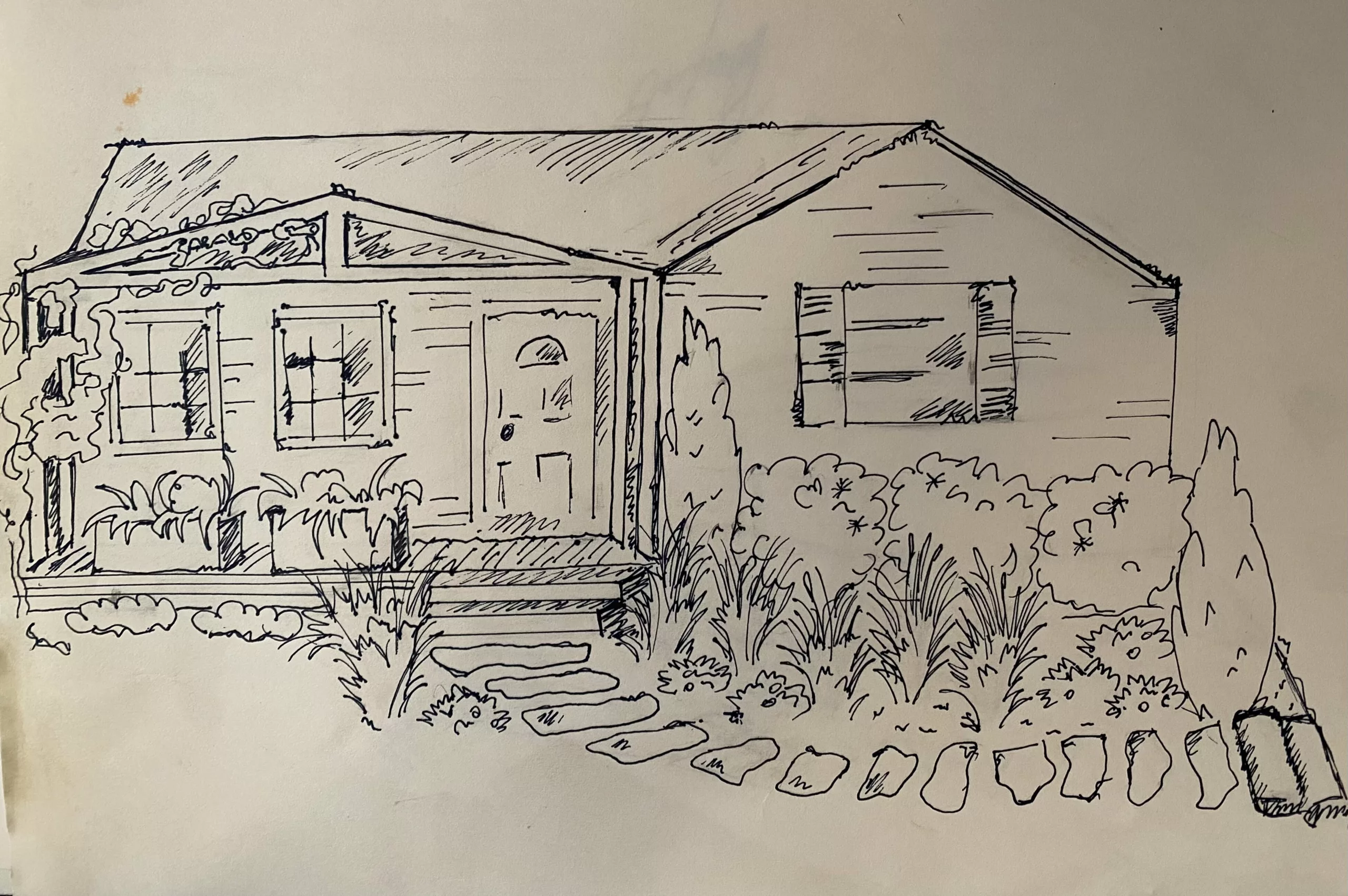Want to improve the growth and health of your veggies? Think green! Go organic! Check out some of the best fertilizers for sustainable gardens.
Are the plants in your sustainable garden falling? Are the leaves drying up and falling? It may not be your gardening skills that are lacking but something else. In a perfect world, these plants will get all the nutrients and elements they need from the soil. Unfortunately, it is not a perfect world, so some nutrients and elements may be lacking in your garden soil. This is why we sometimes need a catalyst to help the plants flourish healthier and better.
The world today is leaning towards sustainability as day after day, we become more environmentally cautious. From the food we eat, the clothes we wear, our gadgets, and almost all our activities of the day, we are cautious of their effect on the environment. To this end, we mostly patronize organic products. Organic fertilizers are the best for your sustainable gardens. Though they may not grow your veggies as fast as the synthetic fertilizer, they are healthier for you and safer for the soil and the environment.
If you are reading this, you are about to discover some of the best fertilizers for your sustainable gardens, but before we do that, how about a quick trip to see what the organic fertilizer has against the synthetic one and vice versa.
Organic Fertilizers vs. Synthetic Fertilizers
Like every other living thing, plants, too, need various nutrients to survive and grow. The absence of these nutrients or a deficiency of one of the essential nutrients can cause the plant to suffer and die. Fertilizers are for such reasons. To compensate for the missing nutrient and even provide more benefits to the plant. These plants receive their nutrient as chemicals; however, they can’t tell if the nutrient is from an organic or synthetic substance. Regardless of whether it is organic or synthetic, it must provide sufficient Nitrogen (N), Phosphorus (P), and Potassium (K) to the plant.
What are Organic Fertilizers?
Organic fertilizers or natural fertilizers are fertilizers produced from natural elements like plant and animal remains or minerals. In addition, they must contain at least Nitrogen (N), Phosphorus (P), and Potassium (K).
What are Synthetic Fertilizers?
On the other hand, synthetic fertilizers are also referred to as chemical fertilizers and contain all the essential nutrients a fertilizer must have. These fertilizers are manufactured chemically and have a faster effect on the plant.
Organic Fertilizers vs. Synthetic Fertilizers
Synthetic fertilizers allow your plant to grow faster than natural fertilizers, but acquiring them may be more expensive. In addition, synthetic fertilizers contain salts that harm the soil over time. You will constantly need them to improve the growth of your veggies, but the longer you use them, the more harm it induces. The salts contained in synthetic fertilizers increase the acid content in the soil, making the soil vulnerable to leeches and chasing off beneficial worms.
The organic fertilizers improve the microbes in the soil in addition to retaining water for the plant. They also make the soil lighter and provide more ventilation to the roots of the plant. Unlike synthetic fertilizers, they don’t burn up the soil and kill other beneficial organism to the plant. When using organic fertilizer, the result manifests slowly. This can only be a disadvantage if you are in haste.
However, looking on the bright side, the slow manifestation of organic fertilizer benefits the soil. Organic fertilizers are first broken into smaller bits to be digested by the soil, which then provides the needed nutrients to the plant. In its slow manifestation, hummus is produced. Humus improves the soil structure.
The improved soil structure is more resistant to leeches and has a significantly low salt index. As a result, more nutrients are produced and stored in the soil until the plant needs them. Even in droughts, these nutrients remain active and ready to be utilized by plants.
The effects of synthetic fertilizers are even through every batch. It is not so with organic fertilizer. The organic fertilizers are biologically active, meaning their component changes with time, and this may vary from one batch to another. They are not as consistent as synthetic fertilizers but are more bioavailable.
You must be cautious of the type of fertilizer for your sustainable gardens. Some products may be branded as organic when they are not entirely organic. Such fertilizers will still induce the adverse effect of synthetic fertilizers on the soil.
The Best Organic Fertilizers for Sustainable Gardens
Organic fertilizers are of different kinds, and the options can sometimes be overwhelming. You should always have in mind that organic doesn’t always mean sustainable. A very helpful tip to always have at hand when dealing with sustainable gardens is not to get your garden products from stores. Purchasing these products still contributes to waste, which we are trying to eliminate.
So how do we improve the health of our sustainable gardens without contributing to waste? Do you know it is possible to create your own organic fertilizer right from your home? Remember, organic is natural, so why not? You can make your organic fertilizers from your home using waste. This technique kills two birds with one stone. The best part is that this DIY organic fertilizer works as effectively as any organic fertilizer you find at the store.
The Best Fertilizers for Sustainable Gardens: Compost
Source: Webgardner
Compost is one of the organic fertilizers we can generate from our home waste, and honestly, we can’t get enough of it. From your kitchen and yard scraps comes compost. With little waste produced, its benefits on the soil and as a mulch are unsurpassed.
Compost has a low nitrogen level, so for the best results, you should apply them as frequently as you can, and each batch should be as thick as possible. However, you should only use them twice a year, in spring and fall.
If you are looking for compost in large quantities, you can get them from your local neighborhood farmer or nearby communities with composting programs.
The Best Fertilizers for Sustainable Gardens: Grass Clippings
Source: Thespruce
Grass clippings are an all-natural organic fertilizer that provides your plant with about 2% to 5% nitrogen and other nutrients it needs for its survival and growth. Furthermore, they act as mulch, diminish weeds, and conserve water, retaining the soil moisture.
You can get as many grass clippings as you need from your neighbor’s lawn. However, watch out for weedless lawns, as they could contain herbicide which can have an array of negative effects on your plant and the microbial activity of the soil.
Given that they contain a significant level of nitrogen, you might have to apply a thicker layer of grass clippings when it is fall since the nitrogen level drops this season. On the other hand, two inches of grass clippings should do during spring.
The Best Fertilizers for Sustainable Gardens: Manures
They are rich in nitrogen and a good organic fertilizer for your sustainable gardens. However, you have to get ready for the ill smell they produce.
You can get your manure for free from any animal farm or poultry nearby. If you don’t know what they are, manure is waste from livestock, i.e., cows, pigs, sheep, chickens, and the like. However, these animals must be organically fed without the use of routine antibiotics and hormones for optimum solutions. That is, they must be on a natural diet. In other words, the chickens must be free-range and the cows grass-fed.
Before applying manure, they should be dry or at least a week old, so they don’t burn your veggies. You can apply them once to twice a year; half an inch of the manure should do the trick.
The Best Fertilizers for Sustainable Gardens: Cover Crops
Source: Sustainable Agriculture Research and Education
Cover crops fix nitrogen in the plant and provide other nutrients. They collect essential minerals from the air and the earth through their leaves and roots and release them into the soil. You can grow them like your plants during regular or dormant crop cycles. Or you could also plant them around your shrubs and trees.
You should use multipurpose cover crops, so while fixing nitrogen and providing other nutrients, they also produce food for you. Legumes, like beans, are a perfect example of a multipurpose cover crop. Clover is another multipurpose cover crop. It fixes nitrogen and attracts beneficial insects. Some cover crops serve as organic matter in the form of mulches or compost.
The Best Fertilizers for Sustainable Gardens: Mulches
Source: Fertilizer Pick
Mulches are as important to your plants as composts. Mulches are used to retain water, improve soil moisture, and reduce the growth of weeds, among other benefits. All you have to do is apply a thick or thin layer, depending on the plant.
A lot of organic materials can serve as the mulch. The list is not limited to dried leaves, wood bark, cover crops, and grass clippings. Though they are very good for retaining the soil moisture, over time, they decompose and serve as fertilizers adding more nutrients to the soil.
The Best Fertilizers for Sustainable Gardens: Conclusion
Organic fertilizers may not provide fast results like synthetic fertilizers. However, they don’t contribute to waste; hence they are the best for sustainability. In addition, they provide all the necessary nutrients and attract wellness to the soil and plant, while synthetic fertilizers are likely to affect the soil’s health.







